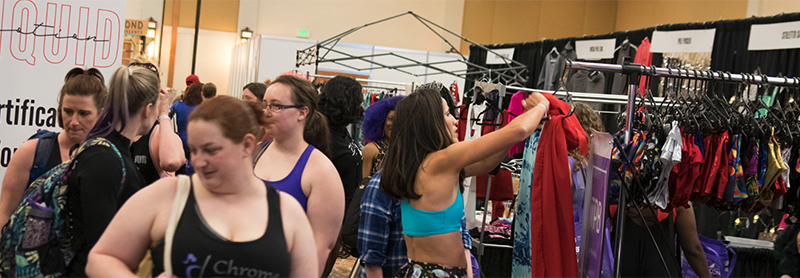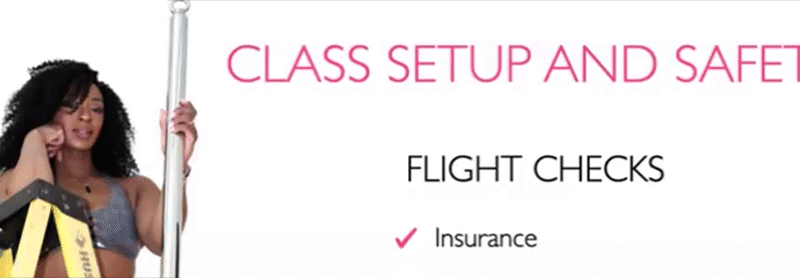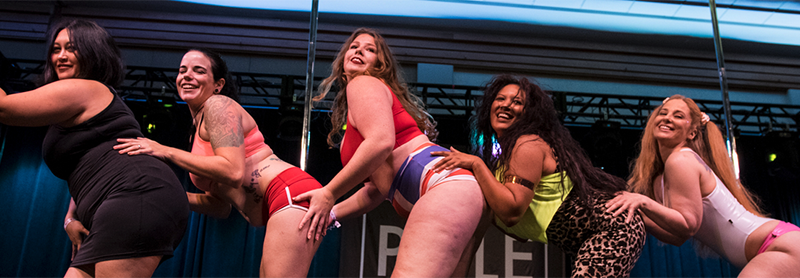A train-cation is a trip (usually away from home) where you focus for a specific…

Conducting and Publishing Public Interviews
Interviewing individuals in the pole industry can be a great way to network, learn more and to promote your own brand. Below are questions to ask and several tips to keeping your audience engaged.
What Questions to Ask
While the questions to ask largely vary depending on the interviewee, topic, and the audience themselves, there is a formula to start preparing your interview questions no matter who your are interviewing for what subject. You can see some examples of interviews done in a variety of formats, by different people, interviewing different parts of the pole dance industry here.
Who is Your Interviewee
What is their job? What are they known for? Do they have any identifying qualities that you know of before the interview? Now, you might still ask these questions in the interview, such as “what do you do for a living?” if dancing isn’t their primary job, but you should know ahead of time.
Do your research! If you still have questions after you have stretched your internet search muscles, then you can ask questions of the interviewee directly. They should know that this is to help you prepare your interview questions better, and that their answer at that moment will not be included in the final interview.
What is Your Topic
What is the overall topic of the interview? This should be something more than just “meet XYZ person!”
Is your audience there to learn from the interviewee? Get a behind-the-scenes peek into their life? Or are they there for another reason?
Your topic should reflect what you want your audience to take away from the conversation, providing value and information, potentially solving an issue your audience may have.
Who is Your Audience
Above all else, keep your interviewee interested and engaged in the questions. Get them to talk, and only add-on if you have a further question to ask in the moment, or to get the interviewee to continue talking about what they are looking for.
Remember that you are not there to interview yourself. Make your interviewee seem and feel awesome and interesting!
Preparing Questions
In most public interviews, it is proper etiquette to prepare questions ahead of time and send them to the interviewee in advance so they can also prepare. This helps both of you feel more comfortable in the moment, which is especially important in video or audio interviews.
Of course, questions can also come up in the moment, and that is fine. The pre-prepared questions simply provide an outline or structure to your conversation.
When preparing questions, never ever assume what the interviewee’s answers will be. This may make the interviewee feel uncomfortable and like they have to adhere to a strict structure which may not align with their personal brand.
How to Keep an Audience Engaged
If you are publishing in a video format, talk animatedly and have a genuine conversation with your interviewee. People often love to listen to other people talk – so long as it is a good conversation.
If you are publishing in a written format, you can publish in one of two formats:
A Q&A format if the interviewee is well-known or if they are giving advice. This interview is a great example of a Q&A format.
A story format if the interviewee isn’t well known, or if you are interviewing them for small quips and quotes rather than advice. This interview is a great example of a story format.
Keeping your interviewee engaged will also help keep your audience engaged. If your interviewee isn’t interested in being there, then the audience will be able to tell, especially in video or audio formats.
If you are publishing in text, make sure you use images, headings, and quote call-outs to vary up the article stylization and keep people visually interested. Sometimes audience attention can waver if they are just reading a wall of text, no matter how interesting that text is.



